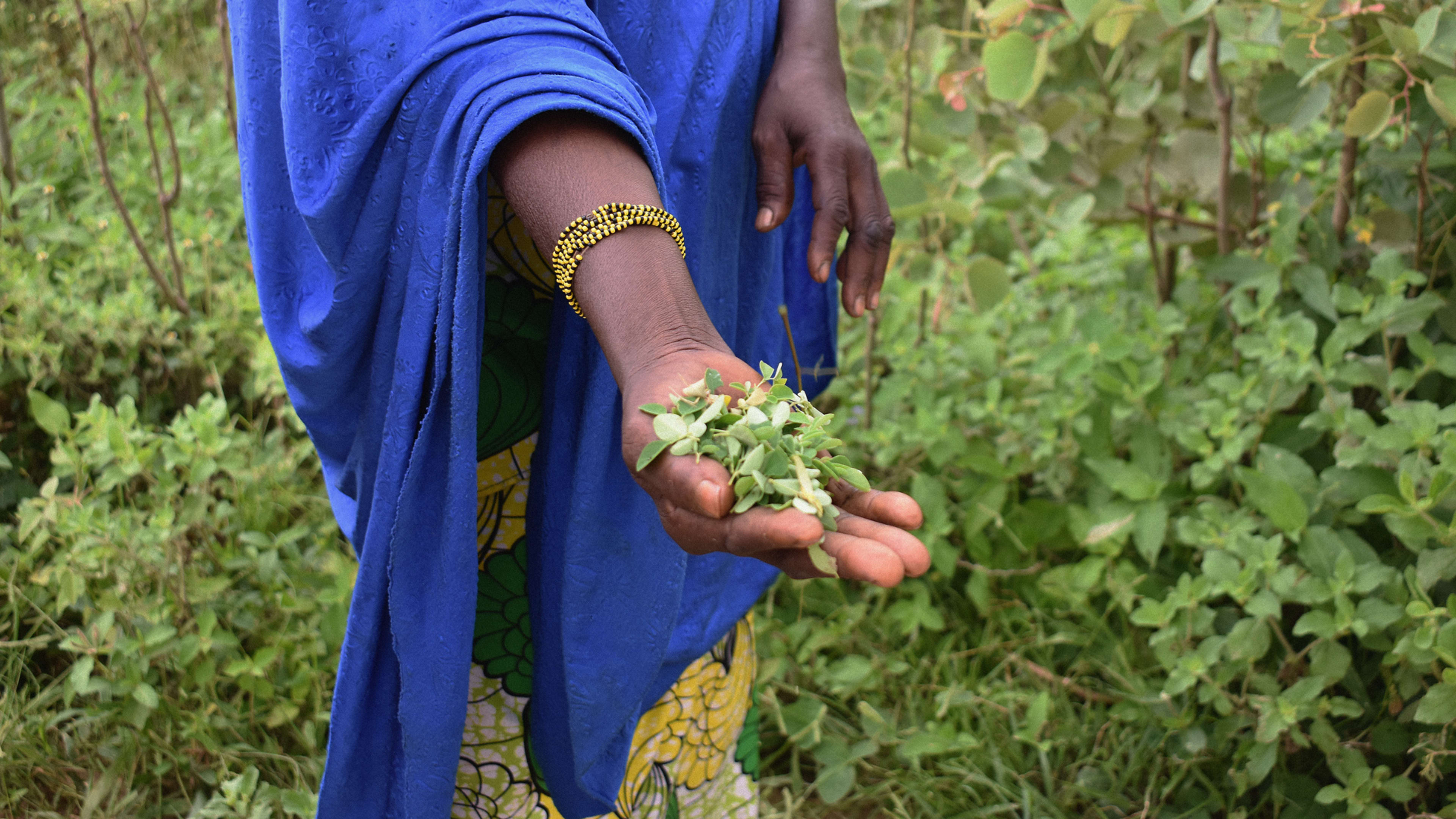Eight years ago, former Peace Corps volunteer Lisa Curtis had a plan to lift up villages within the West African country of Niger using an ingredient that she discovered while volunteering there. It’s called moringa, a tall leafy plant that’s rich in protein, vitamins A and C, and also calcium and iron.
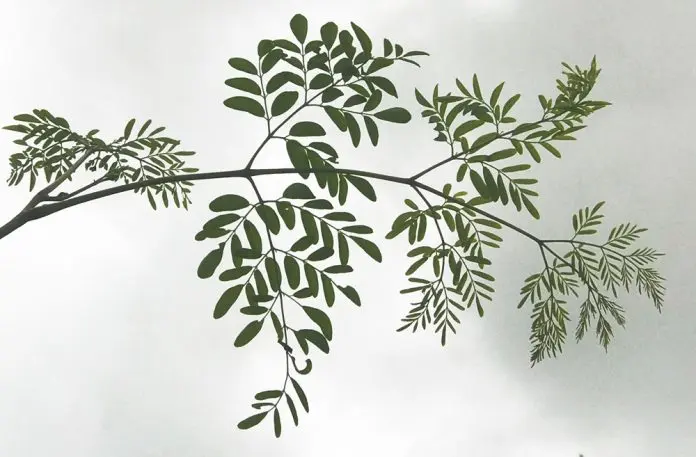
The plant was wonderfully nutritious yet also delicate, meaning it needed to be washed and ground into a powder, ideally within an hour or two of plucking. It was also resilient–able to grow in poor soil, and the extremely hot, dry climate. Plant enough of it in a local community, she reasoned, and you could create a commodity crop that might uplift the people living there, who could sell it wholesale or to different food product companies in nearby cities.
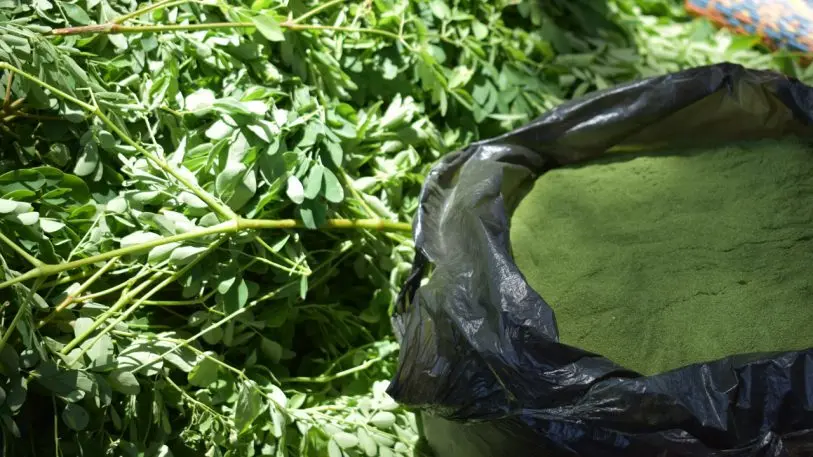
Curtis never got a chance to test that theory, because she was called back to the U.S. after a terrorist attack happened near the group’s regional office. She did, however, form Kuli Kuli Foods, an energy bar, shot, and powder company. Kuli Kuli is a benefit corporation that supports 18 women-led and family-farm cooperatives in 13 developing countries. And in late August, Curtis’s efforts finally came full circle when the company earned a federal grant from the Millennium Challenge Corporation, a foreign aid agency that focuses on helping countries find homegrown economic ways to fight poverty, in part to battle terrorism.
“The way that we fit into that is because agriculture is the number one employment factor in Niger, meaning it’s a very much an agricultural-based society,” Curtis says. “And when you have people who no longer could make money farming, that’s when they become more susceptible to Boko Haram or AQIM, or any of the other terrorist groups in the region who offer economic stability of a different form.”
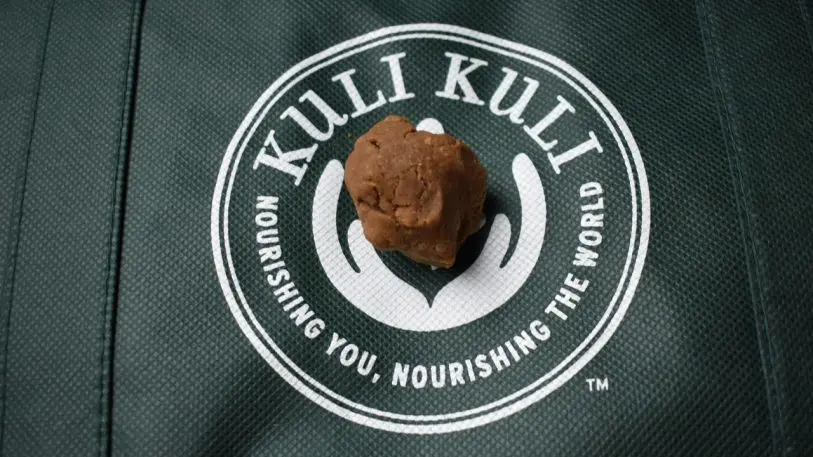
MCC doesn’t heavily advertise its national security angle: “MCC grants complement other U.S. and international development programs that not only help poor countries rise out of poverty but also create a more secure and prosperous home front,” notes the group’s website. The organization declined an interview request for this story. Since it began in January 2004, however, MCC publicly states that it has spent $13 billion worldwide on projects that include everything from building better roads and providing communities with clean drinking water to supplying electricity to storefronts.
In Niger, the group is participating in a $437 million compact to improve agricultural and livestock practices through better water availability, and improved paths to market (both literally, and through trade agreements and business regulations). Curtis says the MCC grant is milestone-based. It starts small, with the potential to ladder up to about a half-million dollars in support for the company and partnering groups if it keeps hitting certain benchmarks. Those efforts started in August, when Kuli Kuli earned $30,000 for deeper research on moringa’s market potential, which included a trip to assess national producers. The company has since chosen three groups to work with, one of which employs women from the village of Safo near the city of Maradi, which is where Curtis used to live.
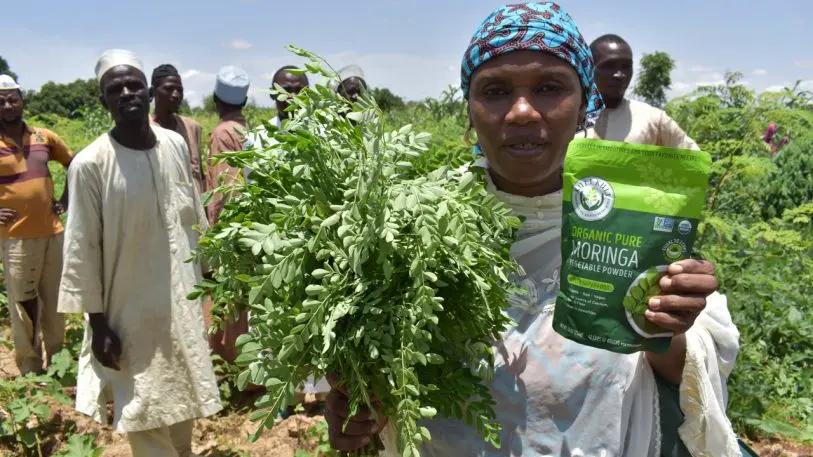
Curtis hopes that each collective will be able to grow and process about 40,000 kilograms annually within a few years–the equivalent of about 88,000 pounds. That would make roughly 8,000 or so energy bars. “Initially it would touch 200 people, and then I think it could get up closer to like 400 if we are operating at real scale,” Curtis says. So far, the company has helped various nonprofits plant more than 1 million moringa trees, supporting 1,000 women in countries including Ghana and Haiti. As in other places, the business effort in Niger will include educating people about the nutritional content of the plant, and how to best prepare it (boiling leaves generally strips away the benefit).
Niger remains a center of volatility in the region. Almost half the country lives in poverty, making it one of the most impoverished countries in the world. It’s surrounded by countries with rising extremist factions, and the U.S. is building a $110 million drone base there. According to the New York Times, about 800 American soldiers are stationed in the country, where the tension can turn deadly: In October 2017, Islamic State militants killed four marines who were on a routine patrol. “MCC’s new partnership with moringa company Kuli Kuli supports private sector-led economic growth in Niger, strengthening stability in a fragile region,” said Ryan Johnson, senior director of MCC’s Office of Strategic Partnerships in a press release when the partnership was announced.
At the same time, the company’s mission has paid off commercially. Last January, eighteen94, Kellogg’s venture fund, led a $4.25 million round of investment. Kuli Kuli has more than doubled revenues this year with products available everywhere from Whole Foods to Amazon and Costco. Since its inception, the company has sourced an estimated $2 million in moringa from growers in partner countries. It expects to process at least 1.3 million pounds next year.
Recognize your company's culture of innovation by applying to this year's Best Workplaces for Innovators Awards before the extended deadline, April 12.
